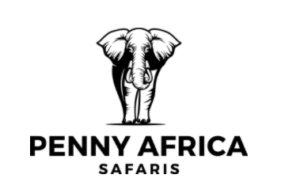FAQ
FAQ's
Your Safari Questions Answered
Here, you'll find answers to some of the most common questions that travelers have asked us over the years. From logistics and safety concerns to details about the wildlife and culture you'll encounter, we're here to guide you through the planning process.
Our goal is to ensure that you have all the information you need to make informed decisions about your safari. Whether you're curious about visa requirements, health and safety precautions, or the best time to visit, you'll find valuable insights here.
If you don't see your question answered in our FAQ, don't hesitate to reach out to our team.
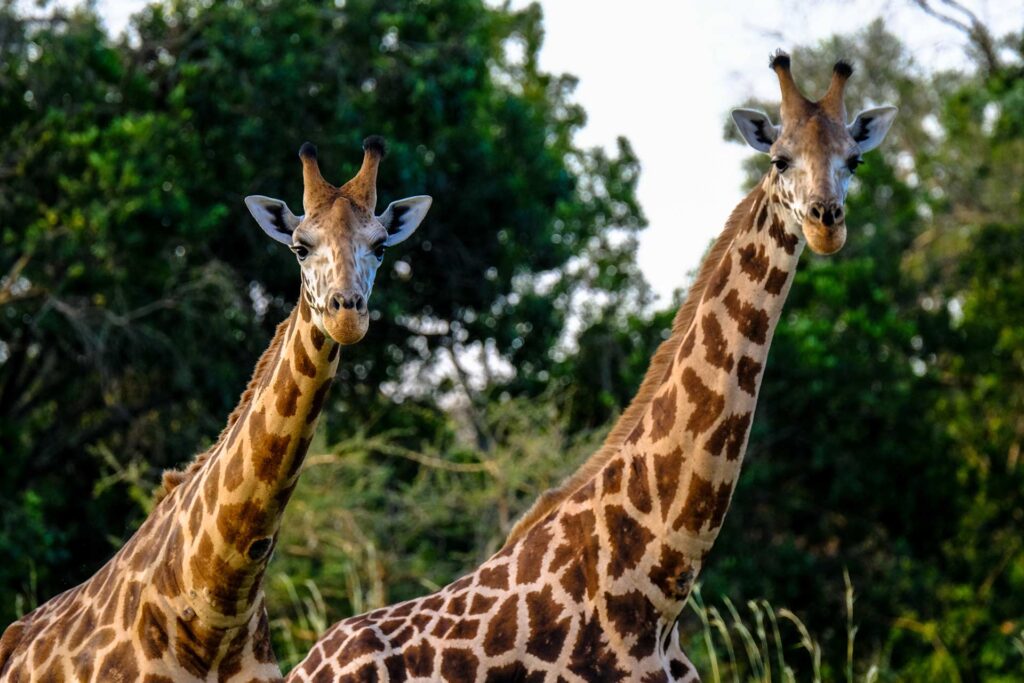
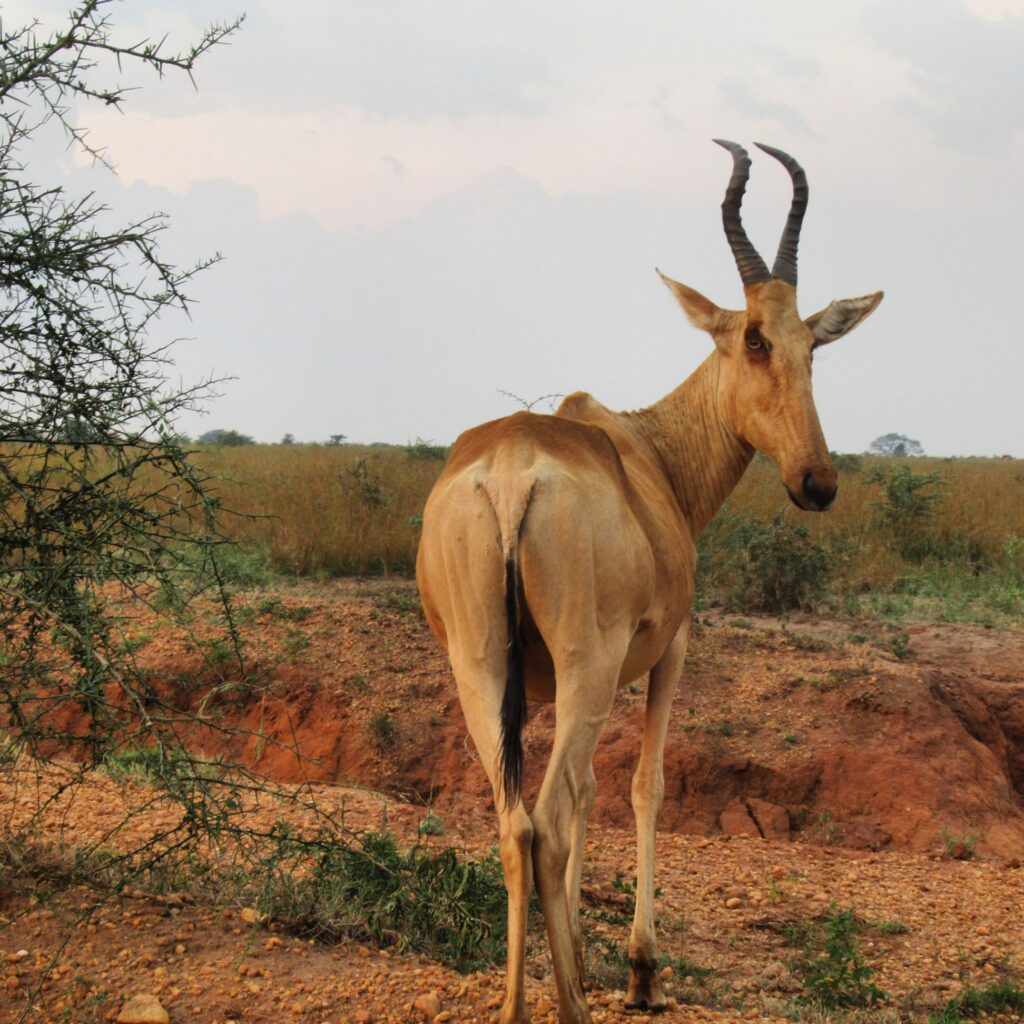
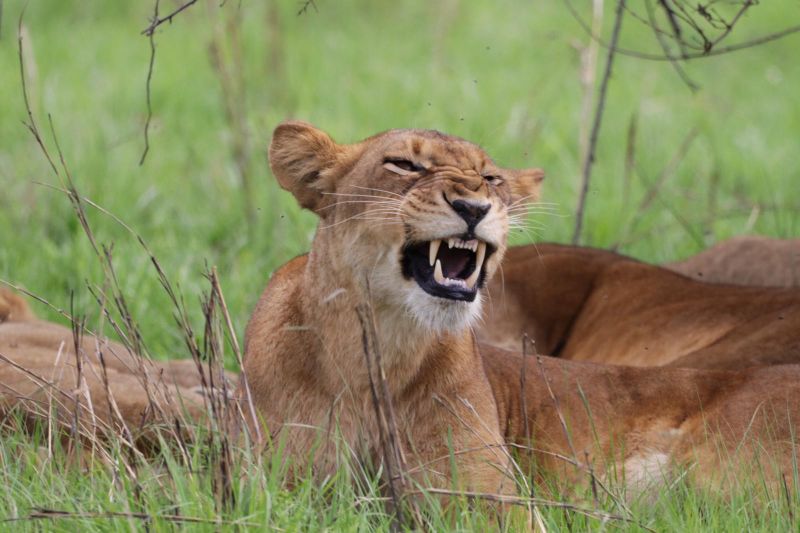
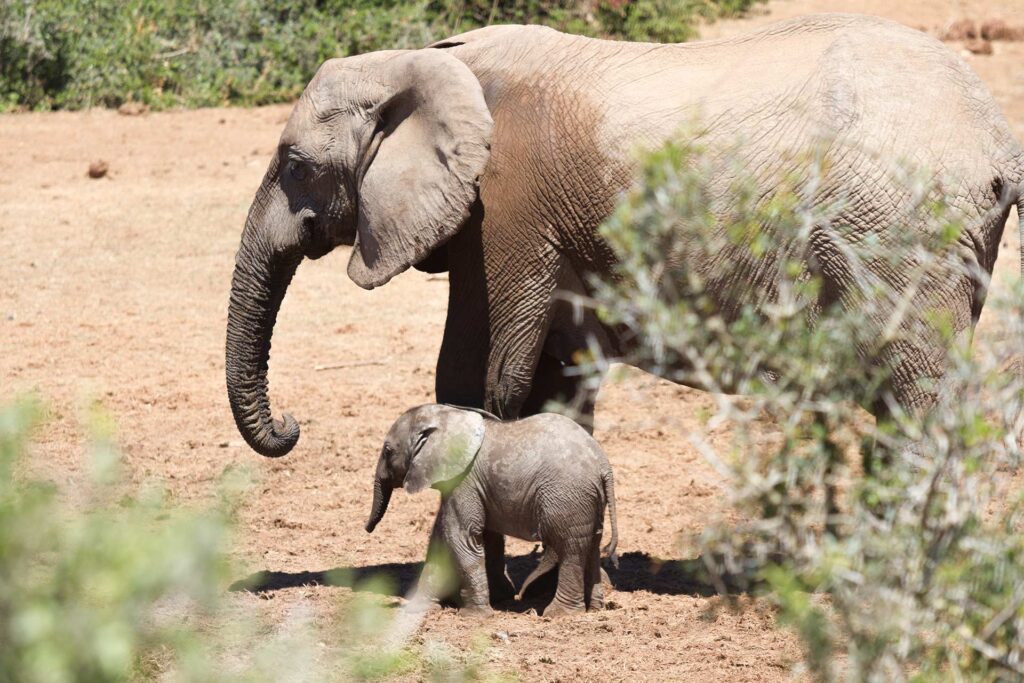
Enjoy Travelling
Traveling in Uganda
Uganda boasts exceptional national parks like Bwindi Impenetrable Forest for gorilla trekking, Murchison Falls for diverse wildlife, and Queen Elizabeth for unique tree-climbing lions.
Travelers to Uganda typically need a tourist visa, obtainable online or on arrival. Ensure your passport has at least six months validity from your entry date. For our American visitors, know that you’ll need to apply for your visa before arriving.
The dry seasons (December to February and June to September) offer the best wildlife viewing opportunities when animals gather around water sources.
You can engage in authentic cultural encounters with local communities, witness traditional dances, and explore vibrant markets.
Gorilla trekking can be physically demanding, so it’s essential to be in good health and have suitable trekking gear. We’ll provide detailed guidance on preparations and logistics.
Enjoy Travelling
Traveling in Rwanda
Most travelers can obtain a visa on arrival in Rwanda, but it’s advisable to check the latest visa requirements and fees before your trip.
Enjoy Travelling
Traveling in Congo
Enjoy Travelling
Traveling in East Africa
Enjoy Travelling
Health
Enjoy Travelling
Security
Ready To Book Your East African Backpacking Adventure?
Get in touch with Penny Africa Safaris today.
